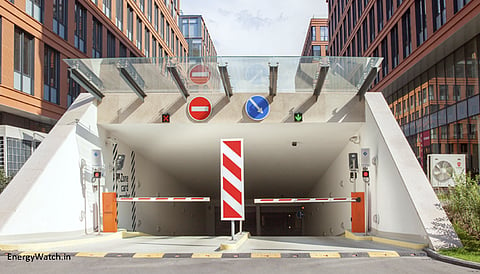

New Delhi: (Economic Survey of India Report 2024-25) The European Union's (EU) non-trade measures - carbon tax and deforestation regulation - are expected to impact Indian exporters, Economic Survey 2024-25 said on Friday.
It said globally, non-tariff measures such as subsidies and export-related measures, have risen in aid of nations' industrial policy goals.
Unlike broad-based tariffs, these non-tariff measures tend to be granular in their approach. They are often less visible, making them harder to assess.
In the future, the imposition of climate-change-related NTMs by the EU in the form of the Carbon Border Adjustment Mechanism (CBAM) and European Union Deforestation Regulation (EUDR) is anticipated to have broad implications for exporters in emerging economies such as China, India, and Turkey," the survey said.
Implemented by the EU and under consideration by the UK, CBAM aims to align the cost of carbon emissions for imported goods with that of domestically produced products.
Under the mechanism, importers will buy carbon certificates corresponding to the carbon price paid by the domestic producers/manufacturers under the EU's carbon pricing rules.
The key sectors covered under the CBAM include iron and steel, aluminium, cement, and fertilisers.
It added that the proposed ban on steel scrap exports from the EU, a key input for steel production, will "significantly" hinder developing countries' capacity to produce more carbon-efficient steel.
"This measure can be perceived as the EU attempting to enjoy the benefits of both sides while also imposing trade restrictions," it said.
The EUDR (whose implementation will start at the end of 2025 and in 2026 for smaller businesses) seeks to regulate the consumption of products derived from deforested land.
ALSO READ: India will address EU's carbon tax issue; will retaliate if required: Goyal
